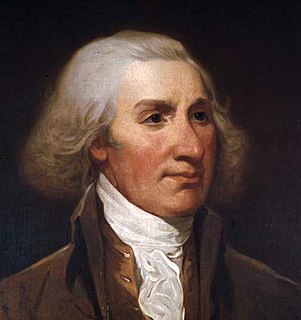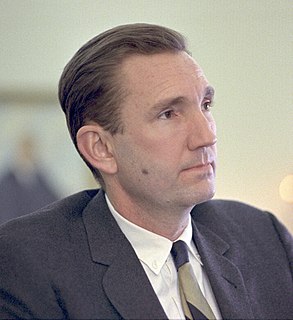A Quote by Philip Schuyler
In a police state, referencing one's rights is seen as an act of aggression.
Quote Topics
Related Quotes
[Before the Civil Rights Act of 1964], many governments in southern states forced people to segregate by race. Civil rights advocates fought to repeal these state laws, but failed. So they appealed to the federal government, which responded with the Civil Rights Act of 1964. But this federal law didn't simply repeal state laws compelling segregation. It also prohibited voluntary segregation. What had been mandatory became forbidden. Neither before nor after the Civil Rights Act were people free to make their own decisions about who they associated with.
The notion that Americans can be protected from "terror" by giving up the Bill of Rights is absurd. Democrats are complicit in this absurd notion. Many were intimidated into voting for police state legislation, because they lacked the intestinal fortitude to call police state legislation by its own name. The legislation that has been passed during the Bush regime is far more dangerous to Americans than Muslim terrorists.
I define anarchist society as one where there is no legal possibility for coercive aggression against the person or property of any individual. Anarchists oppose the State because it has its very being in such aggression, namely, the expropriation of private property through taxation, the coercive exclusion of other providers of defense service from its territory, and all of the other depredations and coercions that are built upon these twin foci of invasions of individual rights.
Contrary to the claims of the supporters of the Civil Rights Act of 1964 and the sponsors of H.Res. 676, the Civil Rights Act of 1964 did not improve race relations or enhance freedom. Instead, the forced integration dictated by the Civil Rights Act of 1964 increased racial tensions while diminishing individual liberty.
All of the services commonly thought to require the State-from the coining of money to police protection to the development of law in defense of the rights of person and property-can be and have been supplied far more efficiently and certainly more morally by private persons. The State is in no sense required by the nature of man; quite the contrary.
































